A £500 loan can be a viable solution when faced with an urgent need for cash. However, choosing the right short-term loan option requires careful consideration of various factors. From payday loans to credit cards and personal loans, each option has its own benefits and drawbacks. This comprehensive guide will compare the most common short-term loan options available, helping you determine the best fit for your financial situation.
Payday Loans
1. What are Payday Loans?
Payday loans are short-term, small-scale loans intended for repayment on your subsequent payday. They are typically quick to obtain and require minimal paperwork, making them a popular choice for those needing a £500 payday loan; you usually need proof of income and a bank account.
2. Pros and Cons
● Pros: Fast approval, minimal paperwork, and no need for a credit check.
● Cons: High interest rates and fees, which can make repayment expensive. If not repaid on time, it may lead to additional fees and debt cycles.
3. Considerations
While payday loans offer immediate access to cash, they come with significant costs. Assessing your ability to repay the loan on time is crucial to avoid falling into a debt trap.
Credit Cards
1. What are Credit Cards?
Credit cards offer a revolving line of credit that you can use for purchases or cash advances. For a £500 loan, using a credit card could mean making a cash withdrawal or charging the amount to your card.
2. Pros and Cons
● Pros: Flexible repayment options, potential rewards and benefits, and lower interest rates than payday loans.
● Cons: High-interest rates if you carry a balance, fees for cash advances, and potential impacts on your credit score if not managed properly.
3. Considerations
Credit cards can be a cost-effective option if you can repay the amount quickly and avoid high-interest rates. However, cash advances often come with additional fees, so it’s important to understand the terms of your card.
Personal Loans
1. What are Personal Loans?
Personal loans are unsecured loans that can be used for various purposes, including covering immediate expenses like this loan. They usually have fixed terms and interest rates, making them a predictable repayment option.
2. Pros and Cons
● Pros: Fixed interest rates, predictable monthly payments, and potential for larger loan amounts.
● Cons: May require a credit check and have higher interest rates compared to some other options. The application process can be more involved.
3. Considerations
Personal loans are ideal if you need a structured repayment plan and have good credit. The application process might be more lengthy for this loan, but it offers more manageable terms compared to payday loans.
Overdrafts
1. What are Overdrafts?
An overdraft allows you to withdraw more money from your bank account than you currently have, up to an agreed limit. For a £500 short-term need, an overdraft could be a suitable option if you have an existing account with this facility.
2. Pros and Cons
● Pros: Flexible access to funds, typically lower interest rates compared to payday loans, and interest is only charged on the amount used.
● Cons: Potential for high fees if you exceed your limit, and interest rates may vary. Overdrafts can also affect your credit score.
Considerations
Overdrafts are a flexible option if you already have one in place. It’s essential to understand the terms and fees associated with your overdraft to avoid unnecessary costs.
Peer-to-Peer Loans
1. What are Peer-to-Peer Loans?
Peer-to-peer (P2P) loans are offered through online platforms that connect borrowers with individual investors. For a £500 loan, P2P lending platforms can provide an alternative to traditional banking options.
2. Pros and Cons
● Pros: Potentially lower interest rates compared to traditional loans, flexible terms, and quicker application processes.
● Cons: May require a credit check, and not all platforms offer small loan amounts. The approval process can vary.
3. Considerations
P2P loans can be a viable option if you have a good credit score and prefer an alternative to traditional banks. Check the terms and fees of the platform to ensure it meets your needs.
Family and Friends
1. What are Family and Friends Loans?
Borrowing from family or friends is another option for obtaining this loan. This informal loan arrangement often involves no interest or minimal repayment terms.
2. Pros and Cons
● Pros: No interest or fees, flexible repayment terms, and a potentially less formal process.
● Cons: Can strain personal relationships if repayment issues arise, and may not be a feasible option for everyone.
3. Considerations
If you have a supportive network, borrowing from family or friends can be a cost-effective way to obtain this loan. To maintain good relationships, ensure that you discuss and agree on repayment terms.
Conclusion
Choosing the right short-term loan option for this loan depends on your financial situation and needs. Payday loans offer quick access but have high costs, while credit cards and personal loans provide more structured repayment options. Overdrafts offer flexibility, and P2P loans can be an alternative to traditional lenders. Borrowing from family or friends is a cost-effective solution. Carefully consider each option’s terms, costs, and your ability to repay before deciding. By evaluating these factors, you can select the most suitable loan option to meet your financial needs effectively.

